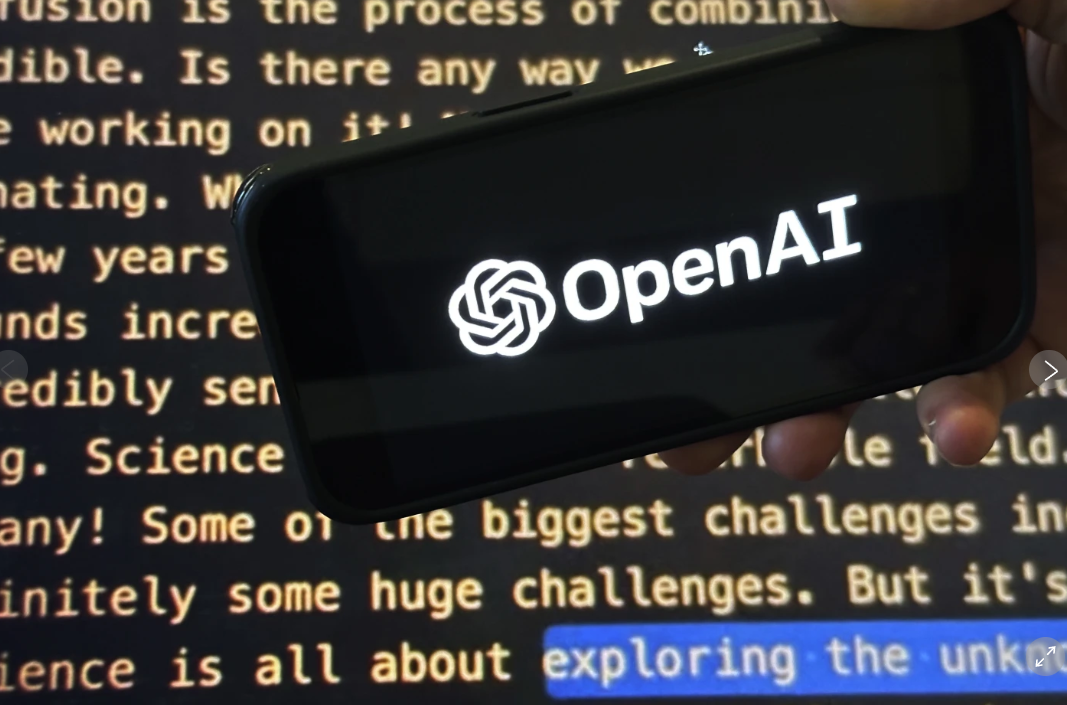After months of exploring a shift toward becoming a for-profit company, OpenAI has decided to maintain its nonprofit organization’s control over its operations, including the development of ChatGPT and other AI tools.
CEO Sam Altman informed employees that the decision was made after discussions with civic leaders and talks with the Attorneys General of California and Delaware. Alongside board chair Bret Taylor, Altman explained that OpenAI’s nonprofit board will remain in control, but the company will adopt a new business approach through a process described as a “recapitalization.”
Under this plan, OpenAI’s current for-profit entity will be converted into a public benefit corporation—a legal structure that obligates companies to balance financial returns with a social mission. While this allows more conventional business activities like raising capital and acquiring other companies, it preserves the nonprofit’s guiding role. As part of the restructuring, shareholder arrangements will change, lifting certain profit caps for early investors and offering stock in the new entity.
Taylor noted that while the size of the nonprofit’s ownership stake wasn’t disclosed, it will retain authority to appoint the board of the new public benefit corporation. Initially, the board is expected to be the same as that of the nonprofit.
Public benefit corporations, which were first recognized in Delaware in 2013, are required to state a clear social mission and must consider that purpose alongside profit-making. Other companies that have adopted this structure include Amalgamated Bank and Coursera.
Altman emphasized that shifting from a limited liability company to a public benefit corporation creates a more transparent and stable foundation for a company with OpenAI’s scale and ambition. Demand for AI tools has exceeded expectations, and this change will help the company pursue traditional corporate strategies like mergers and acquisitions more effectively.
OpenAI was founded nearly a decade ago by Altman, Elon Musk, and others as a nonprofit research lab focused on safely developing artificial general intelligence (AGI) for the public good. Today, the company is valued at around $300 billion and boasts 400 million weekly ChatGPT users.
The plan to change OpenAI’s governance structure faced legal and public scrutiny. Elon Musk has sued the organization and Altman, alleging they strayed from their founding principles. While some of Musk’s claims were recently dismissed by a judge, others are proceeding to trial next year.
OpenAI also attracted attention from state attorneys general in both Delaware and California. California’s office confirmed it is still reviewing the changes, and advocacy groups have urged both states to ensure the company remains accountable to its original charitable purpose.
Geoffrey Hinton, a leading AI researcher, and other experts have voiced concern over what might happen if OpenAI creates superintelligent AI but loses its public-minded mission. Critics argue that such powerful technology must remain under transparent and ethical oversight.
Although several AI companies—such as Anthropic and Elon Musk’s xAI—have already structured themselves as public benefit corporations, OpenAI’s model stands out due to the nonprofit’s continued control over the board of the new entity.
Altman acknowledged it would be easier to raise funds as a traditional company but maintained that OpenAI’s commitment to serving the public interest means it can’t operate like a typical business. He remains optimistic about securing investments, including a planned partnership with Japan’s SoftBank to expand AI services.
Microsoft, OpenAI’s largest investor in recent years, did not comment on the update.
Page Hedley, a former OpenAI policy and ethics adviser who campaigned against the full for-profit shift, welcomed the reconsideration but expressed ongoing concerns. He stressed that the nonprofit’s role must ensure that AI development stays aligned with the public good, not just shareholder interests.
Meanwhile, a group of California nonprofits called on the state’s attorney general to investigate further, suggesting that if OpenAI truly prioritizes humanity, its assets should be transferred to a fully independent public trust.
Rose Chan Loui, a nonprofit law expert, said maintaining control over AI development might be possible through strong voting rights, even if the nonprofit doesn’t hold a majority of shares. However, this could lead to tension with investors who want a say in the company’s direction.














